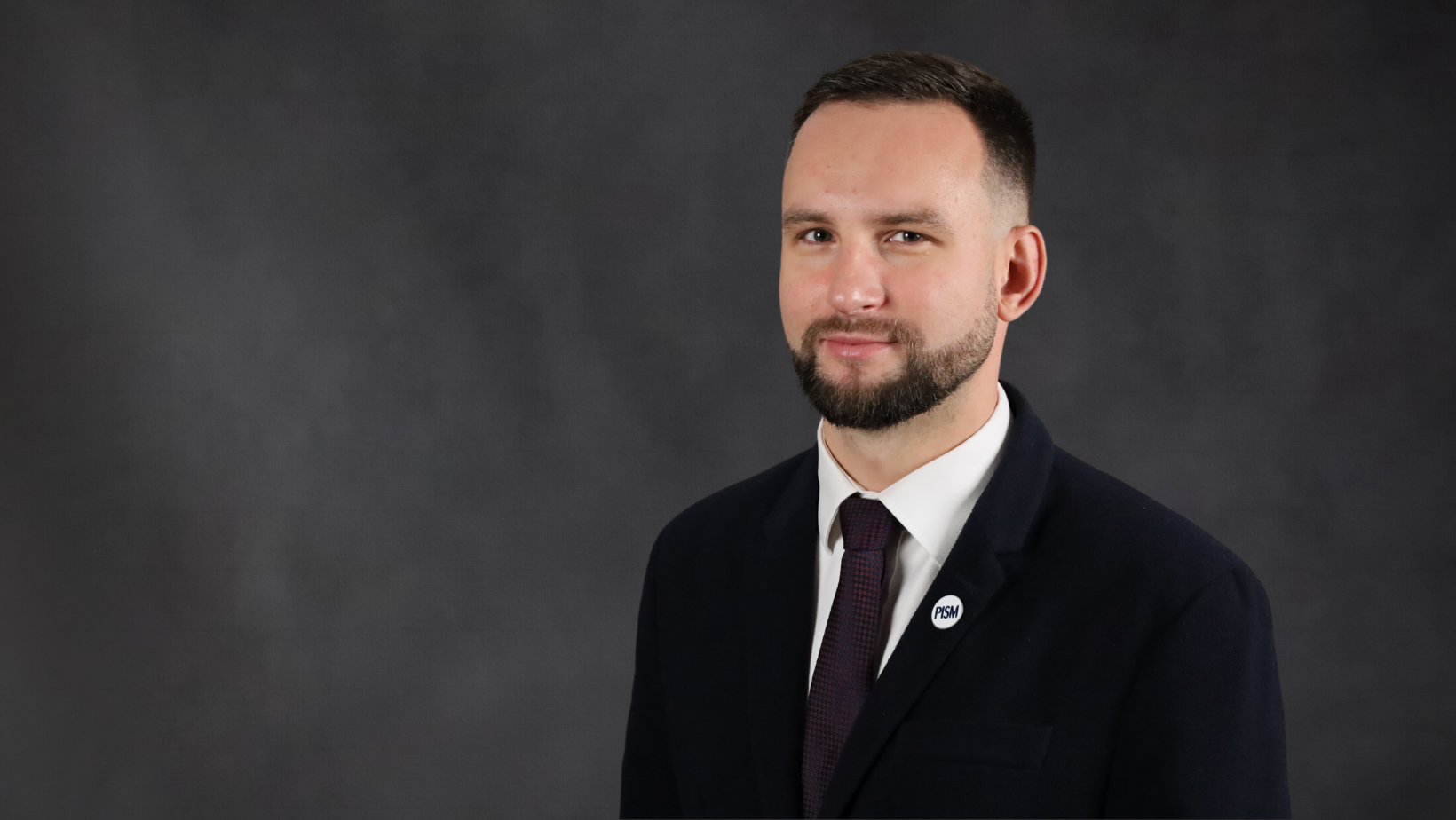Africa Corps - a New Iteration of Russia's Old Military Presence in Africa
.jpg)
Despite the rebellion by the Wagner Group (WG), then led by Yevgeny Prigozhin, which occurred in June 2023, the Russian government has no intention of abandoning the use of the military-business model he developed for its presence in Africa, which translates into financial gains as well as political influence for Moscow. This is now being developed by the Africa Corps (AC). The formation is gradually increasing its control over forces previously operating as part of the WG, particularly in Mali, Libya, and the Central African Republic (CAR). It is also initiating entirely new operations in Burkina Faso, Niger, eyeing Chad and other states.
By deciding to allocate reserves of manpower and equipment to maintain and expand its military activities in Africa, Russian leadership proved it felt comfortable about its prospects on the Ukrainian front.
The change from WG to AC provided an opportunity to review the existing range of activities carried out by Prigozhin’s affiliates in terms of their coherence with the state’s objectives, their usefulness, and whether they should be continued or extinguished.
Although centralising this structure under the supervision of formal military and intelligence structures (notably the GRU), and staffing it with a new command ran the risk of reducing its effectiveness, AC’s first actions demonstrate that it retained the ability to flexibly exploit opportunities as they arose.
While AC’s capacities grow, its influence cannot be overestimated. Success in Mali has antagonised two neighbouring states—Algeria and Mauritania—which will make it difficult, if not impossible, to implement some of the AC’s stated goals. Also, AC’s prospects remain vulnerable to frictions within Russia’s security establishment.



